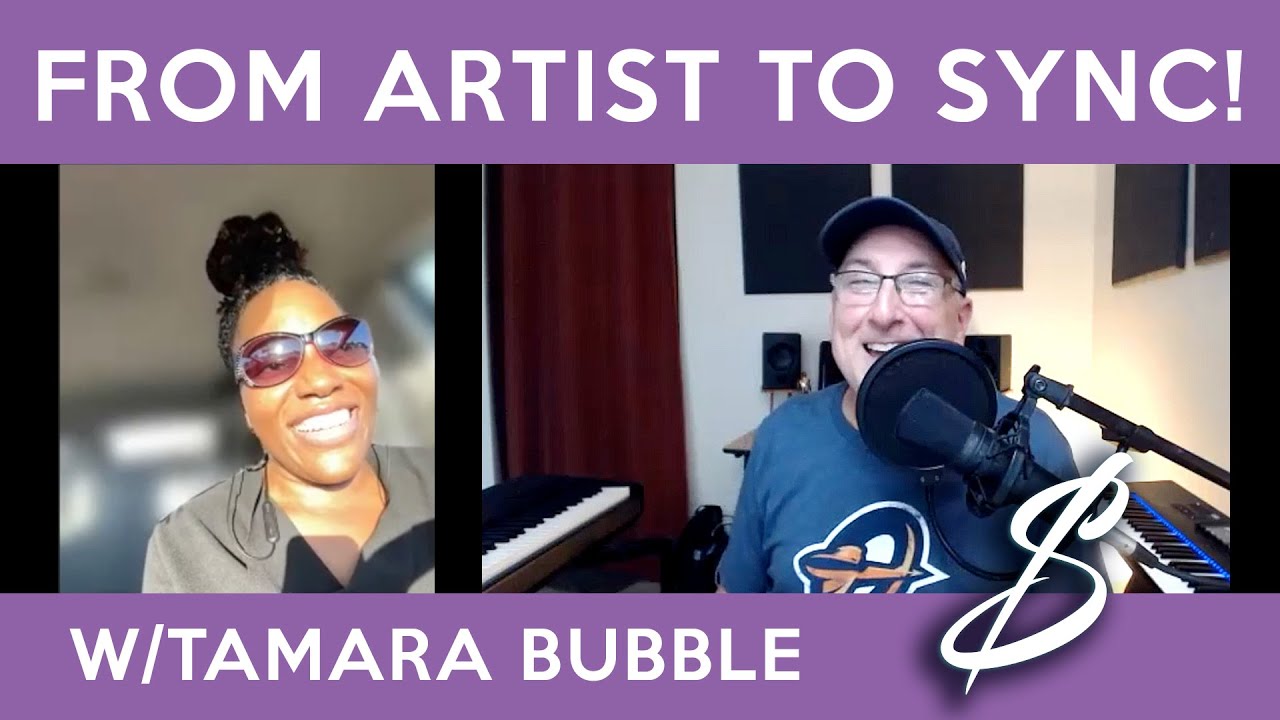3 Ways To Get Your Music Ready For Sync (Don't use the 'Dumb Way')
Summary
TLDRThis video script advises musicians on how to maximize the marketability of their music for sync licensing in TV and film. It outlines three approaches: the 'dumb way' of relying solely on personal preferences, the 'better way' of conducting market research and studying production music libraries' catalogs, and the 'optimal way' of directly communicating with library representatives for current demands. The script emphasizes the importance of aligning music production with industry needs rather than just personal taste, and introduces services like Sync Edge and Sync Connect to facilitate this process.
Takeaways
- 🚫 Avoid relying solely on personal preferences when creating music for sync licensing; it's crucial to consider market demand.
- 🔍 Conduct market research by listening to production music libraries' current catalogs to understand what's licensable.
- 📊 Analyze track lengths, structures, and sounds of existing library music to align your production with industry standards.
- 🎧 Pay attention to the sonic quality, instrument usage, and track progression to match the professional standards.
- 🏆 Use reference tracks to emulate length and structure, but avoid copying chord progressions or melodies to prevent copyright issues.
- 📝 Maintain direct communication with library representatives to understand current demands and trends in the industry.
- 🗣️ Engage in conversations with library CEOs to get insights into what's hot and what's not, to align your music with market needs.
- 🔗 Join services like Sync Edge and Sync Connect to get direct access to library CEOs and improve your chances of placements.
- 📈 Use services that provide historical data and recordings of library CEO interactions to understand industry dynamics.
- 📢 Prioritize and personalize your pitches to libraries rather than spamming multiple libraries at once.
Q & A
What are the three ways mentioned to ensure high-quality tracks for sync licensing?
-The three ways are: the dumb way (relying solely on personal instincts without market research), the better way (doing your own market research and analyzing production music libraries' catalogs), and the optimal way (directly communicating with a library representative to understand current demands and trends).
What is the 'dumb way' of creating music for sync licensing?
-The 'dumb way' is creating music based solely on personal preferences without any market research or communication, which can lead to tracks that are not suitable for the current market needs and result in low placement rates.
Why is it important to avoid relying only on personal preferences when creating music for sync licensing?
-Rely solely on personal preferences can lead to creating music that is not aligned with current market demands, resulting in low placement rates and wasted time and resources.
What can one learn from analyzing a production music library's catalog?
-By analyzing a library's catalog, one can learn about the track lengths, structures, styles, and sonic qualities that are currently being licensed, which can guide the creation of more marketable tracks.
What is a 'reference track' in the context of sync licensing?
-A 'reference track' is a track from a production music library's catalog that serves as a guide for emulating the length, structure, and quality of tracks that are currently being licensed, without copying chord progressions or melodies.
Why is direct communication with a library representative considered the optimal way?
-Direct communication provides real-time insights into current market demands, client preferences, and trends, which can significantly increase the chances of creating licensable tracks that meet current needs.
What is the benefit of using a service like 'Sync Connect' for musicians?
-Sync Connect offers monthly Zoom calls with library CEOs, allowing composers and producers to ask crucial questions about market demands, get track reviews, and potentially have their music accepted, which can greatly improve their chances of success in sync licensing.
How can the information from 'Sync Connect' help musicians avoid costly mistakes?
-Sync Connect provides insights into what styles of music are currently oversaturated or not in demand, helping musicians avoid spending time and resources on creating tracks that are unlikely to be licensed.
What is the advice for pitching music to multiple libraries at once?
-It is advised to prioritize and pitch to libraries one at a time, focusing on the music that is most relevant to each library, rather than spamming multiple libraries simultaneously.
How can analyzing the waveform of tracks in a library's catalog provide insights for creating marketable music?
-Analyzing waveforms can reveal how tracks start, finish, and their overall structure, including any crescendos or fades, which can guide the creation of tracks that match the style and format preferred by the library.
What is the importance of having a consistent line of communication with a library when working on sync licensing?
-Maintaining consistent communication allows composers and producers to stay updated on current trends and demands, ensuring that their music remains relevant and increases the likelihood of securing placements.
Outlines

Dieser Bereich ist nur für Premium-Benutzer verfügbar. Bitte führen Sie ein Upgrade durch, um auf diesen Abschnitt zuzugreifen.
Upgrade durchführenMindmap

Dieser Bereich ist nur für Premium-Benutzer verfügbar. Bitte führen Sie ein Upgrade durch, um auf diesen Abschnitt zuzugreifen.
Upgrade durchführenKeywords

Dieser Bereich ist nur für Premium-Benutzer verfügbar. Bitte führen Sie ein Upgrade durch, um auf diesen Abschnitt zuzugreifen.
Upgrade durchführenHighlights

Dieser Bereich ist nur für Premium-Benutzer verfügbar. Bitte führen Sie ein Upgrade durch, um auf diesen Abschnitt zuzugreifen.
Upgrade durchführenTranscripts

Dieser Bereich ist nur für Premium-Benutzer verfügbar. Bitte führen Sie ein Upgrade durch, um auf diesen Abschnitt zuzugreifen.
Upgrade durchführenWeitere ähnliche Videos ansehen

This Pop Rock Song is PERFECT for Sync (w/ Vocals)

SPEED Matters in Sync (How to produce faster)

More Things To Do Before Releasing A Song (ASCAP, BMI, SoundScan, BDS, MediaBase)

How Indie Artist Tamara Bubble Found Sync Licensing Success | From CPA to Sync Superstar!

This is killing your sync motivation

Teach Algorithms To Give You MILLIONS OF STREAMS While You Sleep
5.0 / 5 (0 votes)
